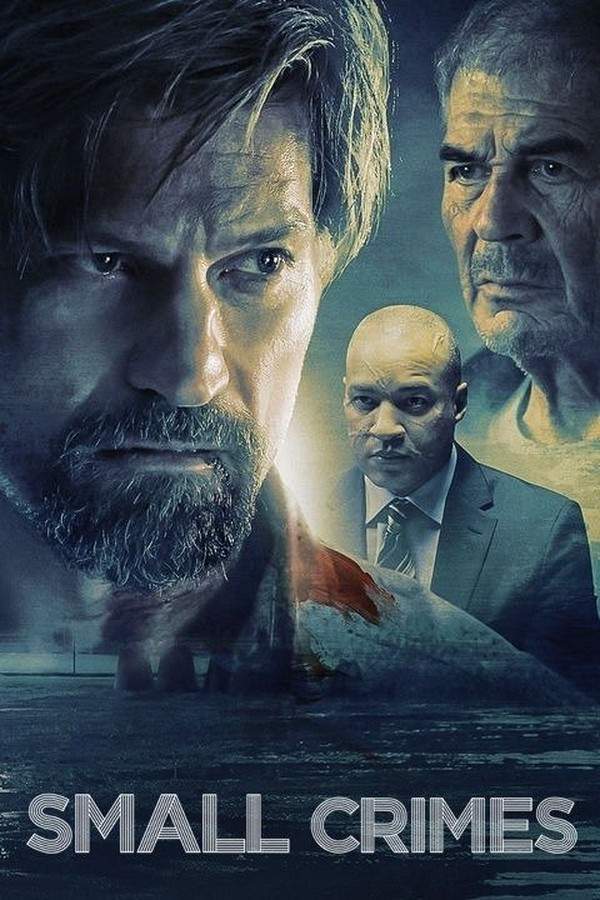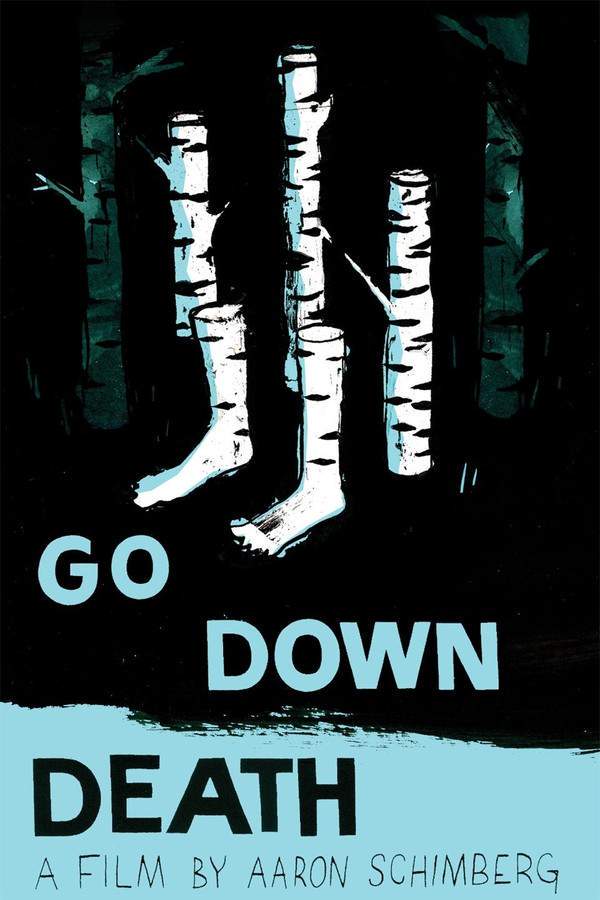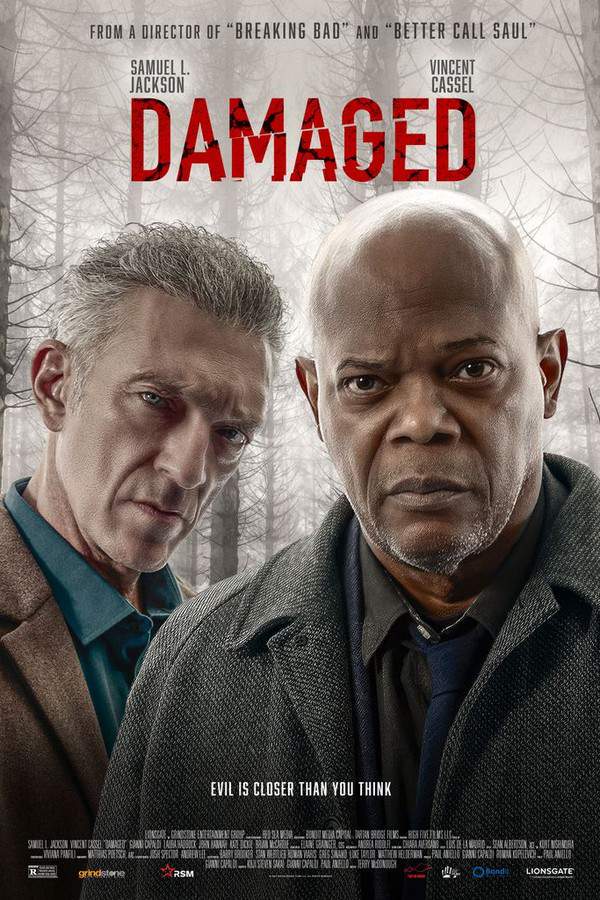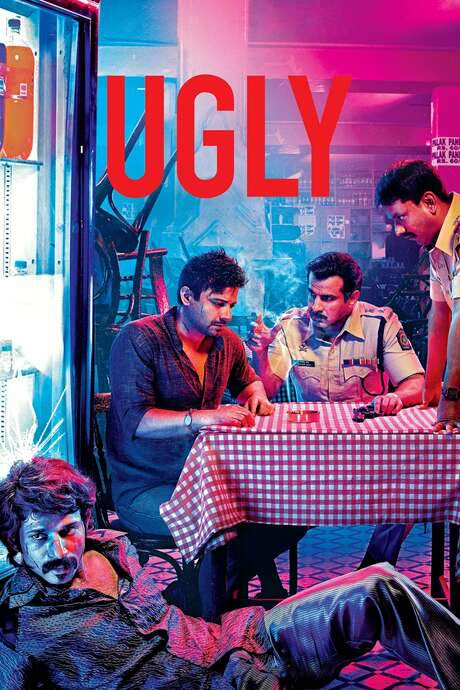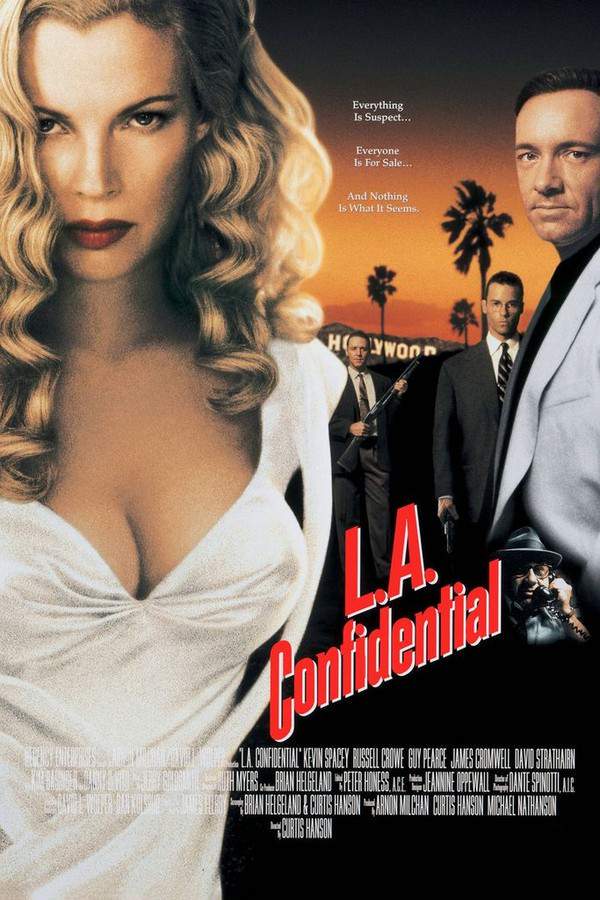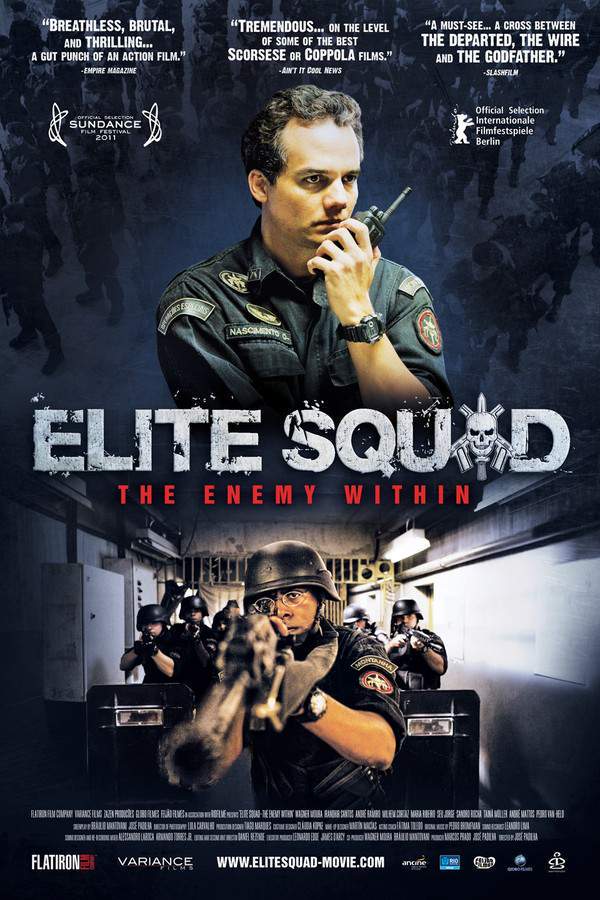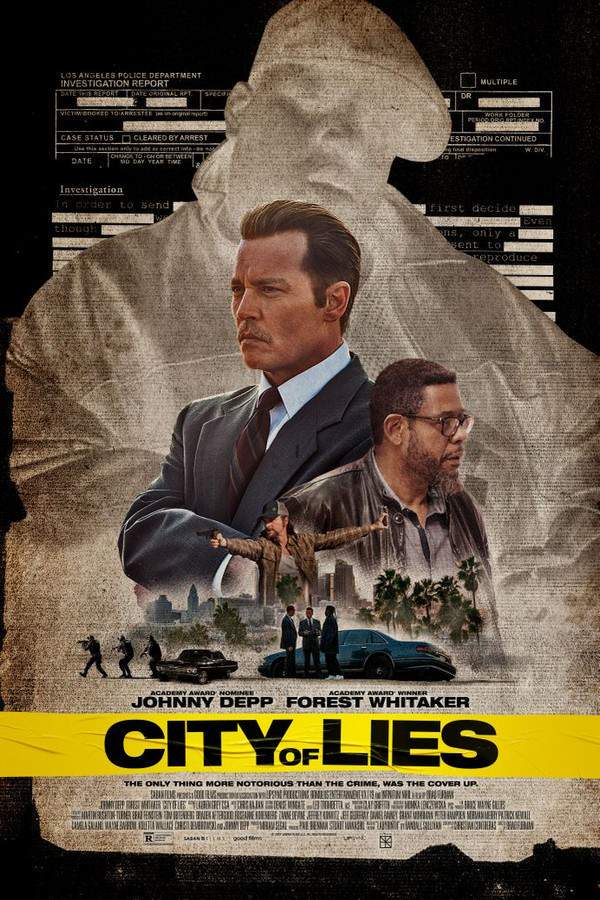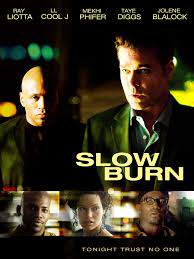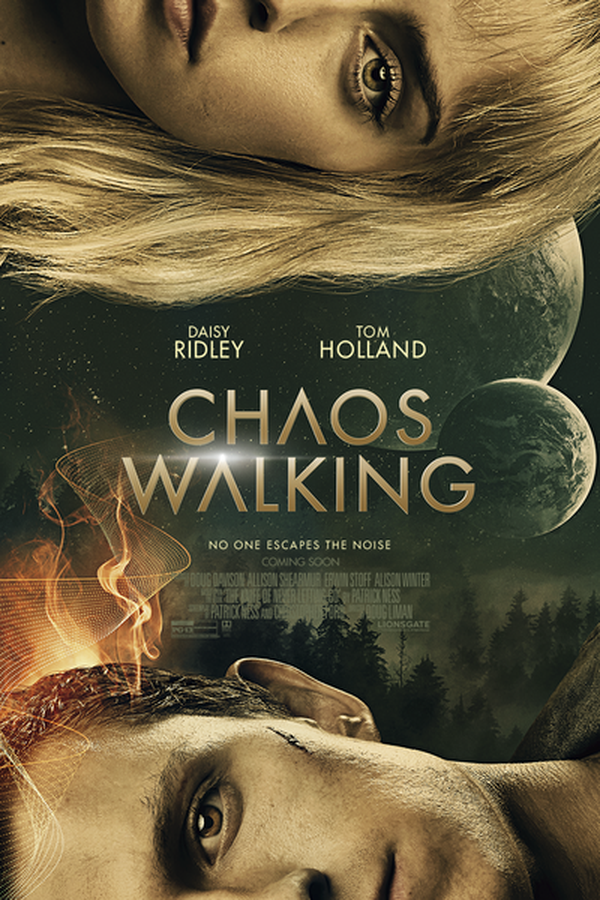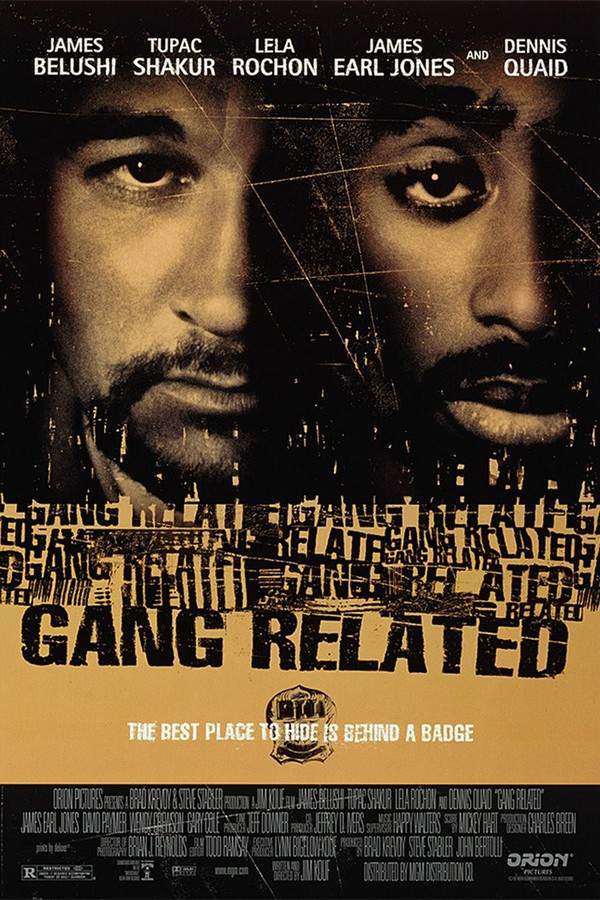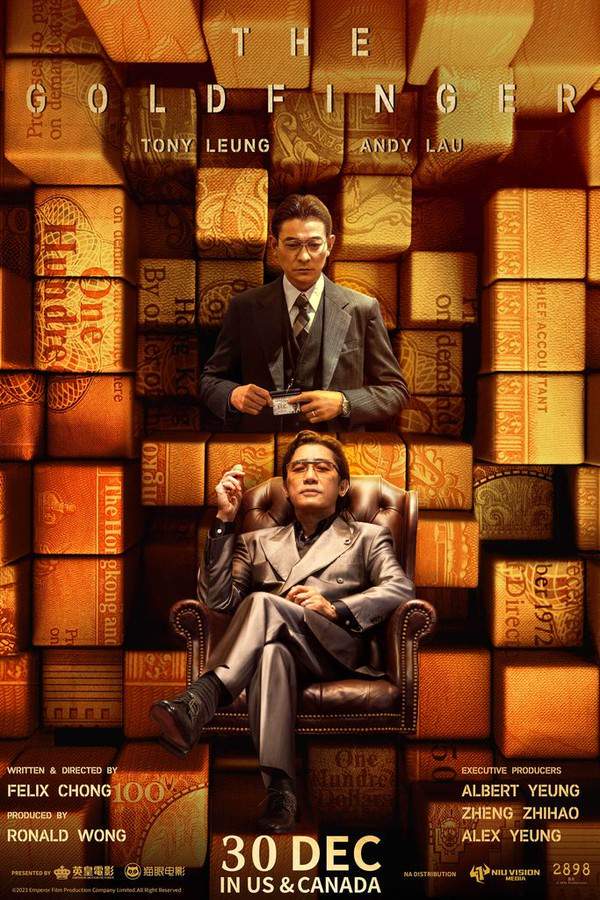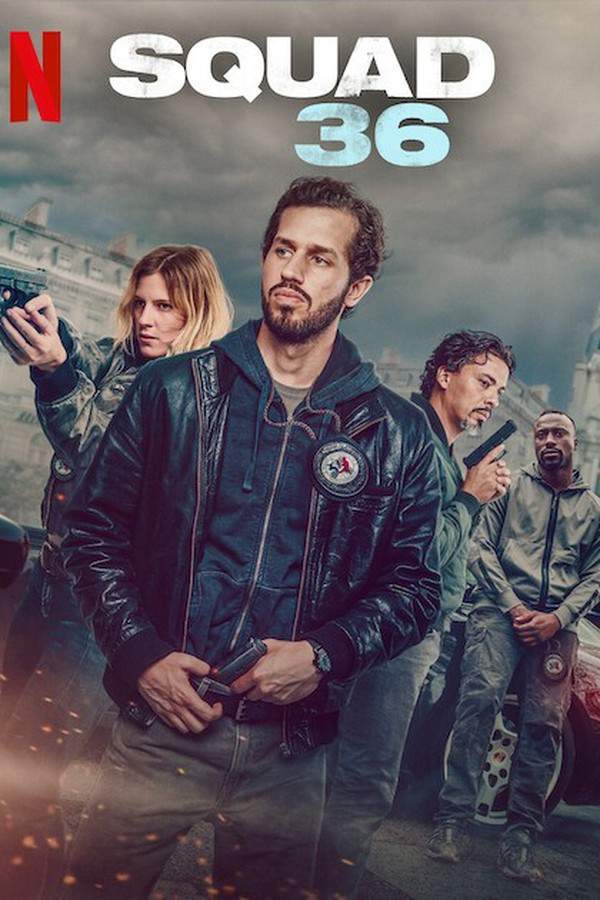
Rege
Year: 2014
Runtime: 130 mins
Language: Marathi
Director: Abhijit Panse
A college teen named Rege slowly becomes engulfed in the criminal underworld when he crosses the path of a mysterious small-time gangster named “M Bhai”.
Warning: spoilers below!
Haven’t seen Rege yet? This summary contains major spoilers. Bookmark the page, watch the movie, and come back for the full breakdown. If you're ready, scroll on and relive the story!
Rege (2014) – Full Plot Summary & Ending Explained
Read the complete plot breakdown of Rege (2014), including all key story events, major twists, and the ending explained in detail. Discover what really happened—and what it all means.
The film unfolds in a deliberate, non-chronological rhythm, constantly sliding between a tense present courtroom drama and a year-long flashback that reveals how power, ambition, and crime become deeply entwined. At the center of the present-day narrative is Pradeep Sharma, the top cop whose name is synonymous with high-profile encounters and hard-edged policing, now battling accusations of money laundering tied to expensive properties controlled by Agrawal Industries. As the case moves through a web of witnesses, bribes, and political pressure, Sharma’s command and reputation are put to the test by a system that seems ready to bend to wealth and influence.
In the year that the film keeps revisiting, a quiet college student named Anirudh Rege, Aroh Velankar, resists the pull of the medical career his father, a renowned doctor and hospital dean, expects of him. He becomes entangled with a notorious small-time gangster known as M Bhai, a figure whose ability to skirt law during a Hindu religious celebration captivates Rege and hurls him toward a crime-filled underworld. Rege’s reluctance to follow in his father’s footsteps bleeds into a fascination with the power that M Bhai wields, and he begins to drag his friend Pakya into a life of bullying, bribery, and late-night hangouts at brothel dens. This uneasy alliance exposes a rift between a son trying to escape a predetermined path and a criminal landscape that promises quick ascent through fear.
The narrative tightens as M Bhai’s crew undertakes a dangerous mission aimed at a builder with influence over Sharma’s properties. Rege watches in shock as the underworld reaches for even more control, and the gang’s actions ripple outward, drawing in law enforcement and eroding any illusion of safety. At a pivotal moment, Rege exits a vehicle to witness the brutal murder of the Agarwal builder, and the tension escalates: while some in the gang want to finish what they started, M Bhai chooses restraint, sparing Rege from immediate danger. This almost-fatal exposure marks Rege’s drift from hesitation to commitment within the criminal world, a shift that becomes crucial when Sharma and his people close in on the gang.
Back in the present, the investigation heats up as Sharma’s lieutenant, the relentless Sachin Waze, drives a parallel effort to bring corrupt officials and builders to heel. Waze’s aggressive maneuvering—coercing witnesses, maneuvering judges, and leveraging insider contacts—appears to counterbalance a constellation of powerful adversaries, including those within his own department and political circles. The tension intensifies as false witnesses are deployed and then eliminated, and the police apparatus inside the film fights to keep its footing under growing pressure.
The flashbacks return to the farmhouse where Rege’s fate takes another dark turn. After a night of heavy drinking at a bar, Rege finds himself interrogated and threatened at the police station, where Sharma himself re-enters the scene and seduces Rege into revealing everything about M Bhai’s operations. The drama reaches a granular intensity as Sharma’s men, guided by Rege’s testimony, close in on M Bhai and his accomplices, who are eventually executed in a crop field. Although Rege is allowed to return home, he is secretly haunted by what he’s witnessed—and by the possibility that he could be pulled back into the criminal orbit at any moment.
But the plot’s most shocking twist arrives in the climax: Sharma kills Rege, claiming this act will help him reach a symbolic “century” of encounters—an allusion he makes to the famous line about Sachin Tendulkar waiting to complete his own century of centuries. The moment lands with a crushing sense of irony and tragedy, as Rege’s mother collapses in tears before his photos while the song “Happy Birthday” plays in the background, underscoring the cruel symmetry of a life cut short on what should have been a birthday filled with hope. The line about the century, delivered through the film’s allegory, points to the way ambition and control can consume the very people they intend to protect.
In the film’s present-day resolution, Sharma finds himself confined by the very system he once dominated. He is placed under intense scrutiny, interrogated by a panel of chief inspectors, and subjected to a barrage of political and legal machinations aimed at convicting him. Meanwhile, Waze presses his case with lawyers, policymakers, and judges, hoping to tilt the scales in Sharma’s favor. In a twist that leaves the courtroom audience with a chilling sense of ambiguity, Sharma walks free, acquitted of all charges, though the cost of his immunity—the moral void at the center of his methods—remains a lingering question.
The movie crafts a granular, almost documentary-like texture in its handling of police power, corruption, and the blurred line between law enforcement and criminality. Through the intertwined fates of a fearless, calculating inspector and a young man pulled into a world of crime, the film probes how authority can corrupt not only those who wield it but also those who are drawn to the glow of its dangerous light. The performances, anchored by the formidable presence of Pradeep Sharma and the vivid turns by Sachin Waze, along with the intensity of the supporting cast, give the narrative a steady, unflinching pulse that lingers long after the credits roll. The film’s non-linear structure, its stark depictions of power plays, and its relentless drive toward an ending that unsettles moral certainties make it a challenging, thought-provoking experience.
Note: The film features a number of key characters whose roles shape the twists and turns of the plot, including Anirudh Rege, M Bhai, Sachin Waze, Dr. Anuradha Vikram Rege, Vikram Rege, Ins. Chougule, Chhaprya, Anirudh Rege again in different contexts, Mrs. Pradeep Sharma, and D.K. Shetty. The courtroom and investigative arcs also brush against other figures such as Pradeep Sharma and his colleagues, whose actions underscore the film’s central tension between justice and power.
Last Updated: October 03, 2025 at 10:35
Explore Movie Threads
Discover curated groups of movies connected by mood, themes, and story style. Browse collections built around emotion, atmosphere, and narrative focus to easily find films that match what you feel like watching right now.
Movies about moral decay like Rege
Stories of young protagonists tragically consumed by the criminal underworld.If you liked Rege's tragic story of a young man's descent into crime, explore these films about moral decay. These movies feature similar coming-of-age tales within the criminal underworld, showing the destructive allure of power and ambition in gritty, bleak narratives.
Narrative Summary
Narratives in this thread typically follow a linear or non-linear path of a relatively innocent individual being pulled into a criminal world. The journey is marked by escalating compromises, a loss of innocence, and a confrontation with the brutal realities of power, almost always leading to a tragic outcome.
Why These Movies?
These films are grouped by their shared focus on a protagonist's moral unraveling. They possess a dark tone, high emotional weight, and a bleak ending feel, creating a cohesive experience for viewers interested in gritty, character-driven crime tragedies.
Gritty corruption thrillers similar to Rege
Intense stories where corrupt institutions betray the individual.Fans of Rege's portrayal of police corruption and betrayal will find more intense stories here. These movies like Rege explore the theme of systemic decay, where individuals are crushed by the very institutions meant to protect them, resulting in high-tension, dark narratives.
Narrative Summary
The plot revolves around a protagonist who uncovers or becomes a victim of deep-seated institutional corruption. The story builds tension through a cat-and-mouse dynamic or a shocking betrayal, emphasizing the helplessness of the individual against a powerful, corrupt system, often with a devastating conclusion.
Why These Movies?
Movies in this thread share a high-tension, gritty atmosphere driven by themes of betrayal and institutional rot. They feature complex narratives, oppressive moods, and a consistent dark tone, appealing to viewers who enjoy suspenseful critiques of power.
Unlock the Full Story of Rege
Don't stop at just watching — explore Rege in full detail. From the complete plot summary and scene-by-scene timeline to character breakdowns, thematic analysis, and a deep dive into the ending — every page helps you truly understand what Rege is all about. Plus, discover what's next after the movie.
Rege Timeline
Track the full timeline of Rege with every major event arranged chronologically. Perfect for decoding non-linear storytelling, flashbacks, or parallel narratives with a clear scene-by-scene breakdown.

Characters, Settings & Themes in Rege
Discover the characters, locations, and core themes that shape Rege. Get insights into symbolic elements, setting significance, and deeper narrative meaning — ideal for thematic analysis and movie breakdowns.

Rege Spoiler-Free Summary
Get a quick, spoiler-free overview of Rege that covers the main plot points and key details without revealing any major twists or spoilers. Perfect for those who want to know what to expect before diving in.

More About Rege
Visit What's After the Movie to explore more about Rege: box office results, cast and crew info, production details, post-credit scenes, and external links — all in one place for movie fans and researchers.


